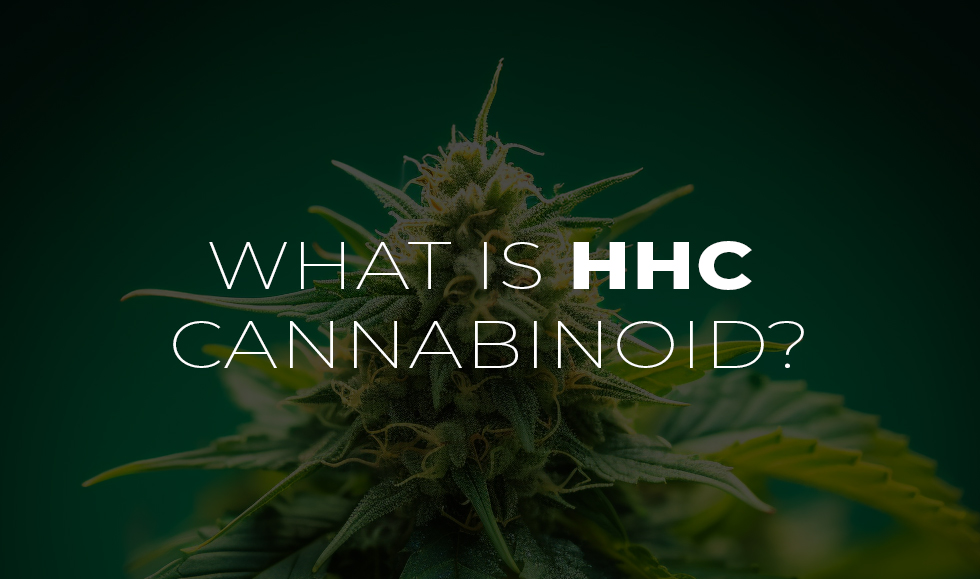Hexahydrocannabinol (HHC) is a hydrogenated derivative of tetrahydrocannabinol (THC), the primary psychoactive compound found in cannabis. While THC contains double bonds in its molecular structure, HHC is produced by adding hydrogen atoms, resulting in a more stable compound with a longer shelf life. This process, known as hydrogenation, is similar to converting vegetable oil into margarine.
What Is HHC Cannabinoid?
How Is HHC Produced?
HHC can be found naturally in trace amounts within the cannabis plant. However, to obtain usable quantities, it is typically synthesized in laboratories through the hydrogenation of THC extracted from cannabis. This chemical process alters the molecular structure of THC, resulting in HHC, which is more resistant to heat and ultraviolet light, thereby enhancing its stability.
Effects and Potential Benefits of HHC
Users of HHC have reported experiences similar to those of THC, including relaxation, mild euphoria, and altered sensory perceptions. Some studies suggest that HHC may offer potential benefits such as pain relief and anti-inflammatory properties. However, comprehensive clinical research is limited, and the full spectrum of HHC’s effects and therapeutic potential remains under investigation.
Legal Status and Safety Considerations
The legal status of HHC varies by region and is often in a gray area due to its synthetic nature and similarity to THC. Some countries and states have explicitly banned HHC, while others have yet to regulate it. As with any cannabinoid, potential side effects may include dry mouth, red eyes, increased heart rate, and in some cases, anxiety or paranoia. Consumers are advised to exercise caution, purchase products from reputable sources, and consult local laws before using HHC products.
Conclusion
In summary, HHC is an emerging cannabinoid offering effects akin to THC. While it presents potential benefits, further research is essential to fully understand its safety profile and therapeutic applications.

